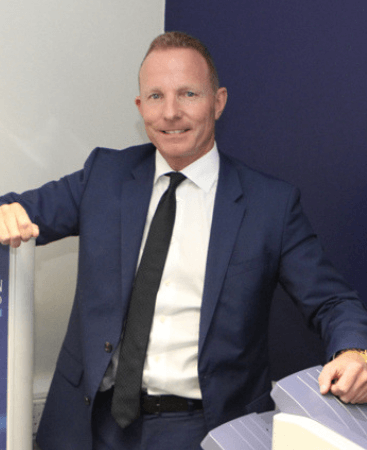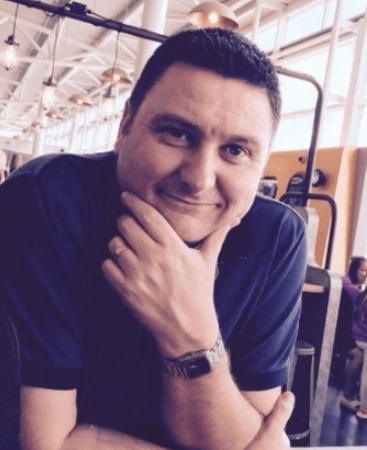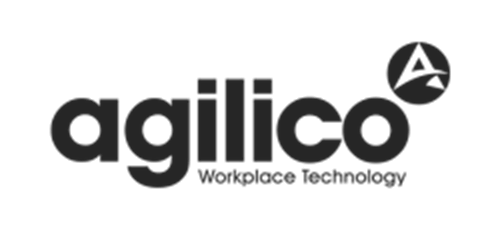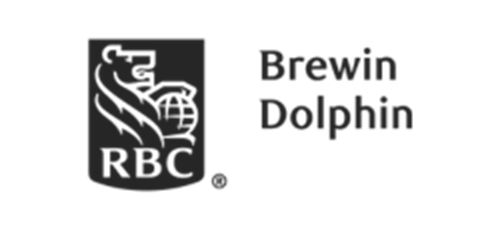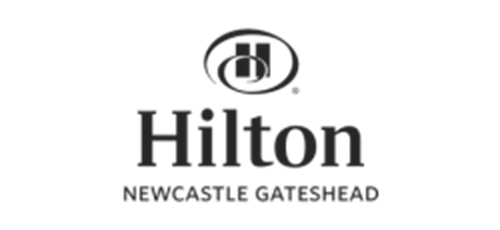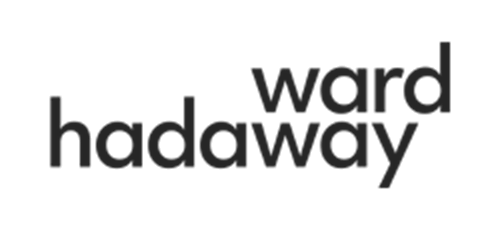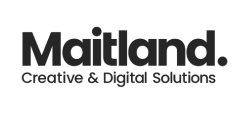At Agilico, we believe that real, lasting change begins in the places where the next generation is learning to lead. That’s why we launched Schools for Change — not as a marketing campaign or CSR initiative, but as a practical, purpose-driven movement to embed sustainability into the everyday life of educational settings.
Because for all the talk about the importance of net zero, there’s often a stark gap between ambition and action — especially in the education sector. From our conversations we know that schools want to do the right thing. But they’re overstretched, underfunded, and often bombarded with sustainability jargon that rarely translates into anything practical. We saw a need — and an opportunity — to make sustainability both accessible and inspiring for schools, teachers, and students alike.
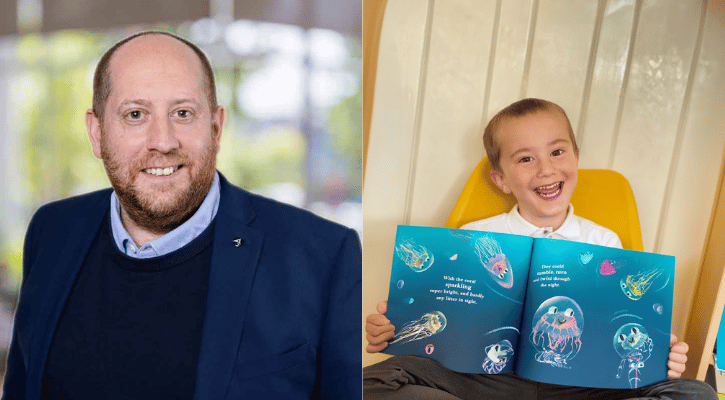
Making Sustainability Simple and Meaningful
Too often, sustainability is seen as an extra: a nice-to-have when budgets and bandwidth allow. But at Agilico, we firmly believe it doesn’t have to be that way. Our Schools for Change initiative brings together refurbished technology, age-appropriate learning resources, and a ready-made framework for schools to reduce their environmental impact without compromising on performance or cost.
At Agilico, we focus on circular procurement — supplying reliable, refurbished Agilico Zero multi-function devices that save money and avoid unnecessary waste. Since the programme began, we’ve deployed around 400 Agilico Zero devices across more than 100 nurseries, schools, colleges, and universities — a 10% increase in education sector adoption since just April 2025.
More importantly, these schools are now actively engaging with their carbon footprint. They’re talking about responsible consumption and making it part of everyday teaching and operations. That, to me, is the spark of real change.
Bringing Children into the Conversation
A key part of Schools for Change is ensuring children aren’t just bystanders in the sustainability conversation — they’re participants. Children are naturally curious, compassionate and action-oriented. When given the chance, they don’t just learn about environmental challenges — they become champions for solving them.
That’s why we partnered with author Laurie Newman on Jessie the Jellyfish, a character-driven storybook that helps bring the issue of plastic pollution to life for young children. It’s an initiative designed to support emotional, age-appropriate learning in schools. Jessie encourages children to ask better questions, not just in the classroom, but at home. This kind of learning doesn’t stay in the pages of a book. It ripples out into communities, sparking family conversations and long-term awareness.
Sustainability and Marketing: Getting it Right
As Head of Marketing, I’m acutely aware of the fine line between authentic communication and greenwashing. Our responsibility isn’t just to say the right things — it’s to prove them. At Agilico, we don’t dress up environmental claims. We show our impact. For example, our refurbishment programme has already helped avoid over 2,000 tonnes of CO₂e. That’s not hypothetical; it’s measurable, real-world impact.
Sustainability shapes the way we design, position and deliver our services. It informs our language, our priorities, and the tools we offer to customers. And crucially, we aim to make sustainability feel normal — not like an extra hurdle, but the smart choice that aligns with financial and operational goals.
From Passion to Policy
Personally, this work hits home. As a parent with young children in school, I can’t separate my professional role from my personal values. I want to help create a world where sustainability is second nature — where choosing refurbished tech, using less energy, and asking tougher questions about supply chains is just how we do things.
That’s what motivates me. And it’s what drives our work with schools, Multi Academy Trusts and local authorities — to support behavioural change that lasts. Over the next year, our goal is to deepen these partnerships, scale up adoption of Agilico Zero, and help schools demonstrate their sustainability progress to regulators, stakeholders and parents with clarity and confidence.
Sustainability Isn’t a Trade-Off — It’s a Multiplier
There’s often a misconception that sustainability and commercial success are somehow at odds. In my experience, the opposite is true. When done well, sustainability amplifies commercial value. Schools and businesses alike are under pressure to cut costs, reduce energy use, and futureproof operations. Our solutions support those goals directly — and that’s why they work, not just ethically but economically.
Sustainability is no longer a fringe priority. It’s central to procurement decisions, bid evaluations, and operational resilience. We’re seeing this play out in tenders where environmental credentials are now weighted more heavily. That’s not lip service. It’s a fundamental shift in how decisions are made — and a huge opportunity for purpose-led innovation.
Aligning with the UN Goals — and Going Further
We’re proud that our work supports several UN Sustainable Development Goals, including Goal 4: Quality Education, Goal 12: Responsible Consumption, and Goal 13: Climate Action. But this can’t just be about ticking boxes. The real challenge — and the real opportunity — is to embed sustainability into every part of a business: from sourcing to service delivery, from employee behaviour to customer engagement.
At Agilico, that includes everything from EV fleets and route optimisation to solar panels, battery storage, and supply chain analysis. We’re creating change not just through our products, but through how we operate — and how we empower others to do the same.
Purpose That’s Built In, Not Bolted On
If I could offer one piece of advice to other businesses looking to launch purpose-led campaigns, it would be this: stay grounded. Don’t chase headlines, chase outcomes. Focus on what matters to your customers and what’s true to your business. Purpose works best when it’s embedded in the operating model, not just stuck on the side as a marketing theme.
Sustainability shouldn’t be a department. It should be a mindset. And if we want to prepare the next generation for the challenges ahead, we need to make sustainability part of their world. At school, at home, and in the everyday choices we all make.
Schools for Change is our contribution to that future. And we’re only just getting started.


